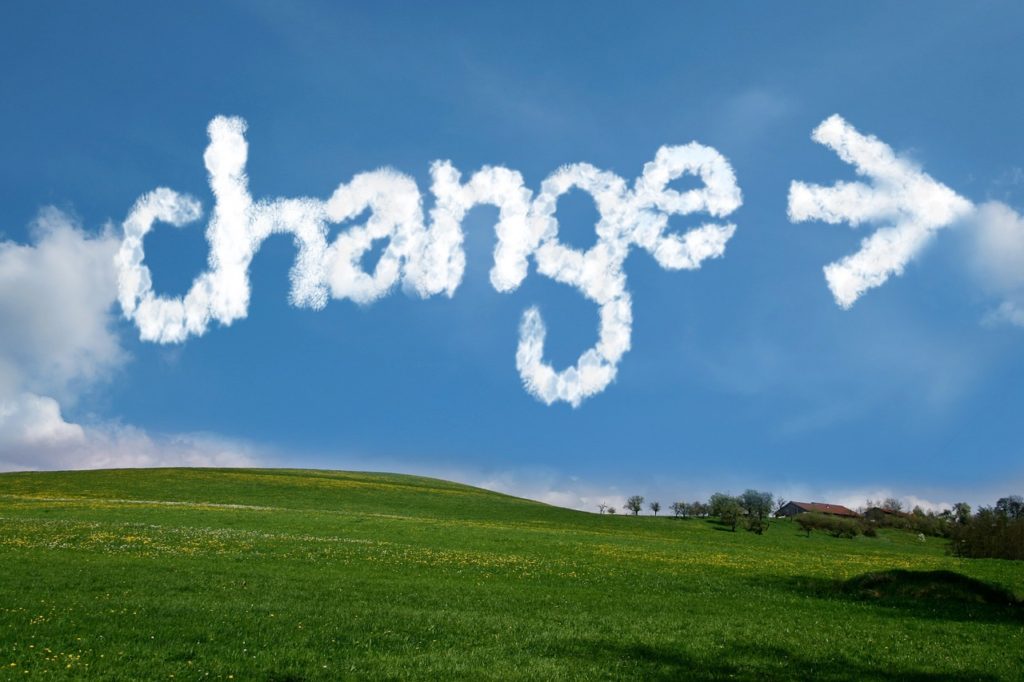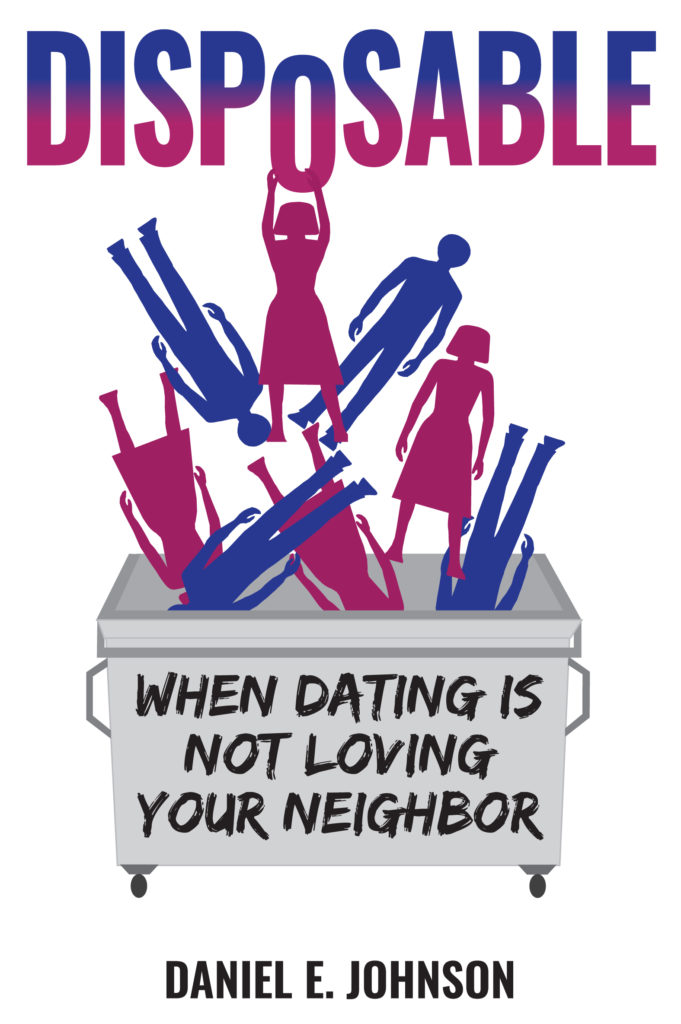
Image from Pixabay
In his article titled “First comes love, then come house keys” (Christianity Today, April 2021), David Ayers documents the increasing acceptance of cohabitation among self-professing evangelical Christians (see https://www.christianitytoday.com/ct/2021/april/cohabitation-dilemma-comes-for-american-pastors-ayers.html). It was less than a century ago that the average American believed that cohabitation before marriage was wrong, a view that was retained by a strong majority of American Christians until much more recently. As the article documents, however, many if not most self-professing evangelical Christians in America are now ambivalent on this subject.
In my experience, when an individual compromises on this issue, leaving the Church for good usually follows, unless one’s moral compass is set straight. It is surprising that this attitude has become so widespread among professing Christians and deeply troubling that this has happened with the relative acquiescence (silence) of the Church. None of this bodes well for her future, as the witness of the Church will continue to be diluted. Nor does it bode well for the future of marriage, which is already under attack from many directions, including divorce.
Jesus never promised us that being his disciple would be “easy.” Pastors and parishioners can do the right thing by articulating a Biblical view of marriage and sex that elevates unconditional love over selfishness—and live accordingly—or take the “easy” route by remaining silent to avoid giving offense.








